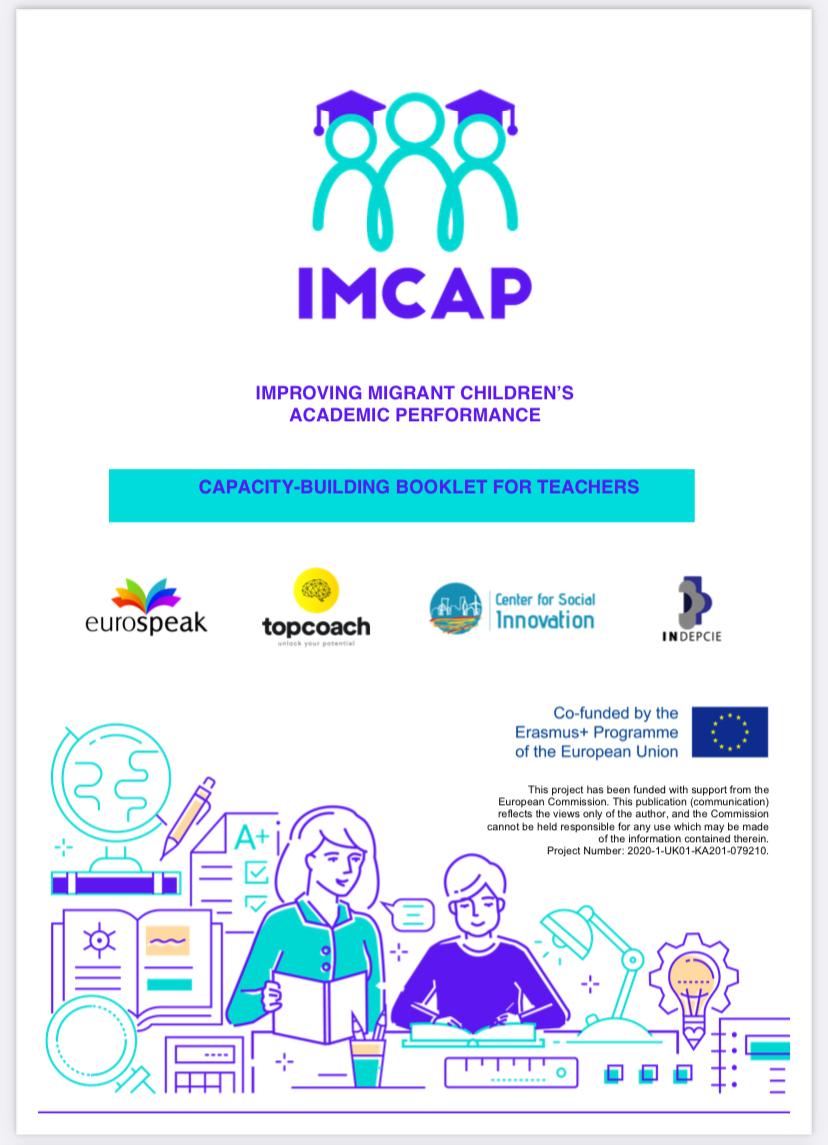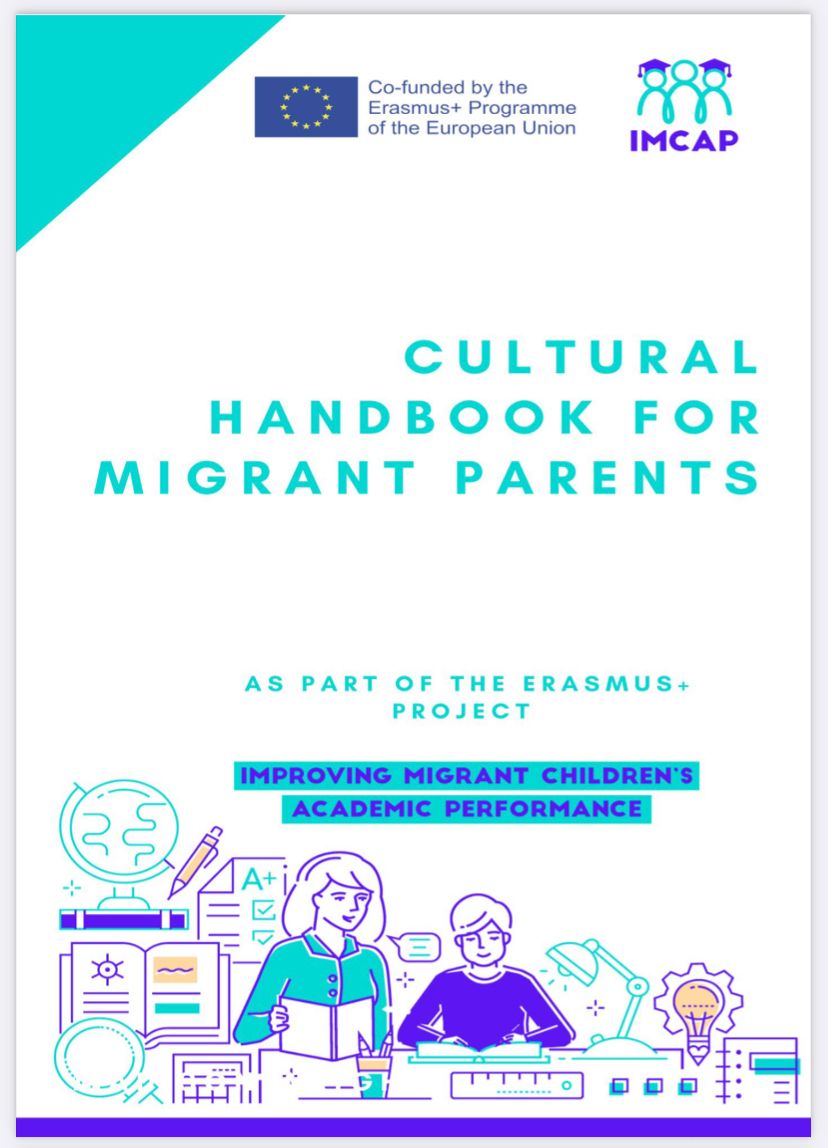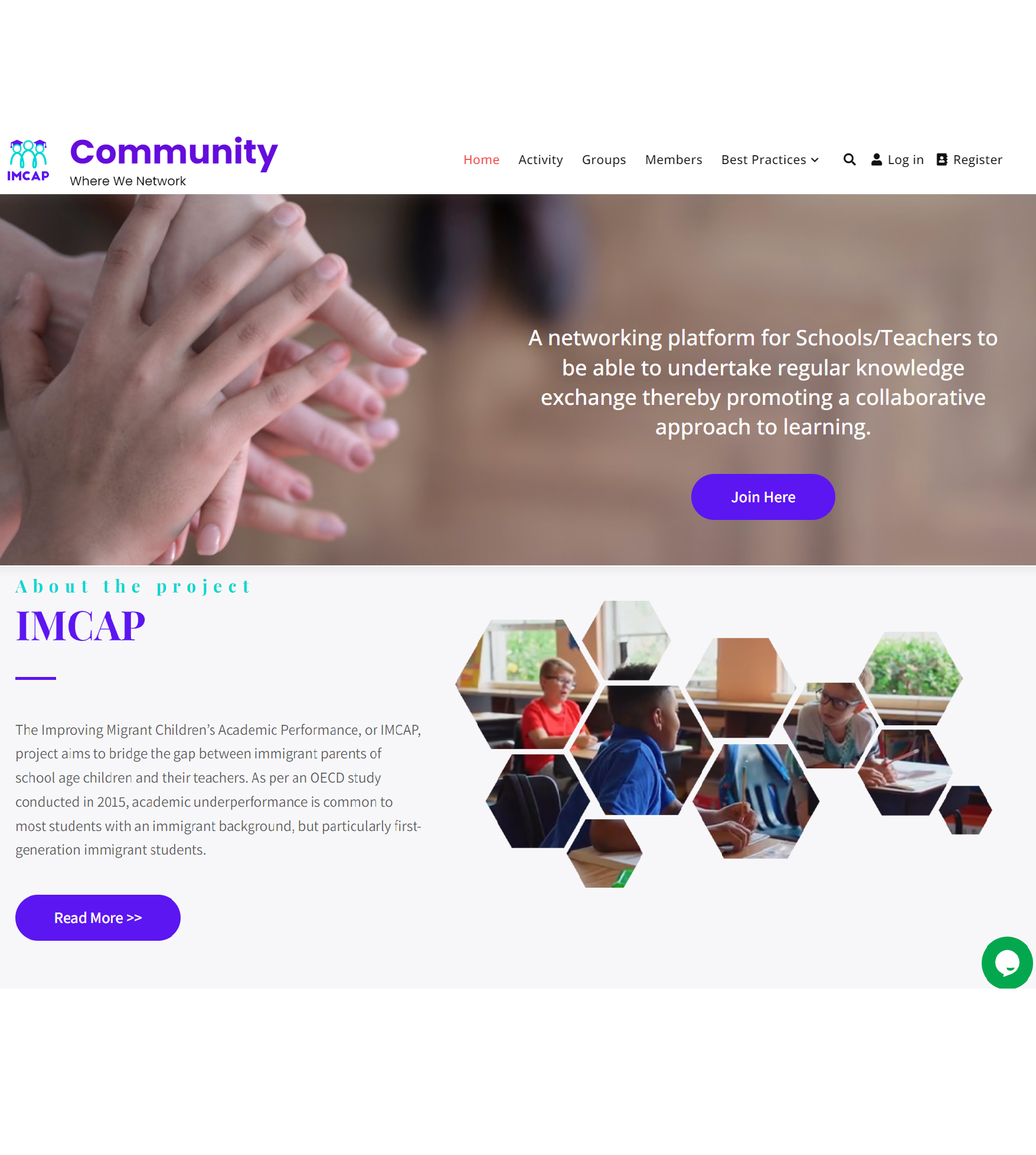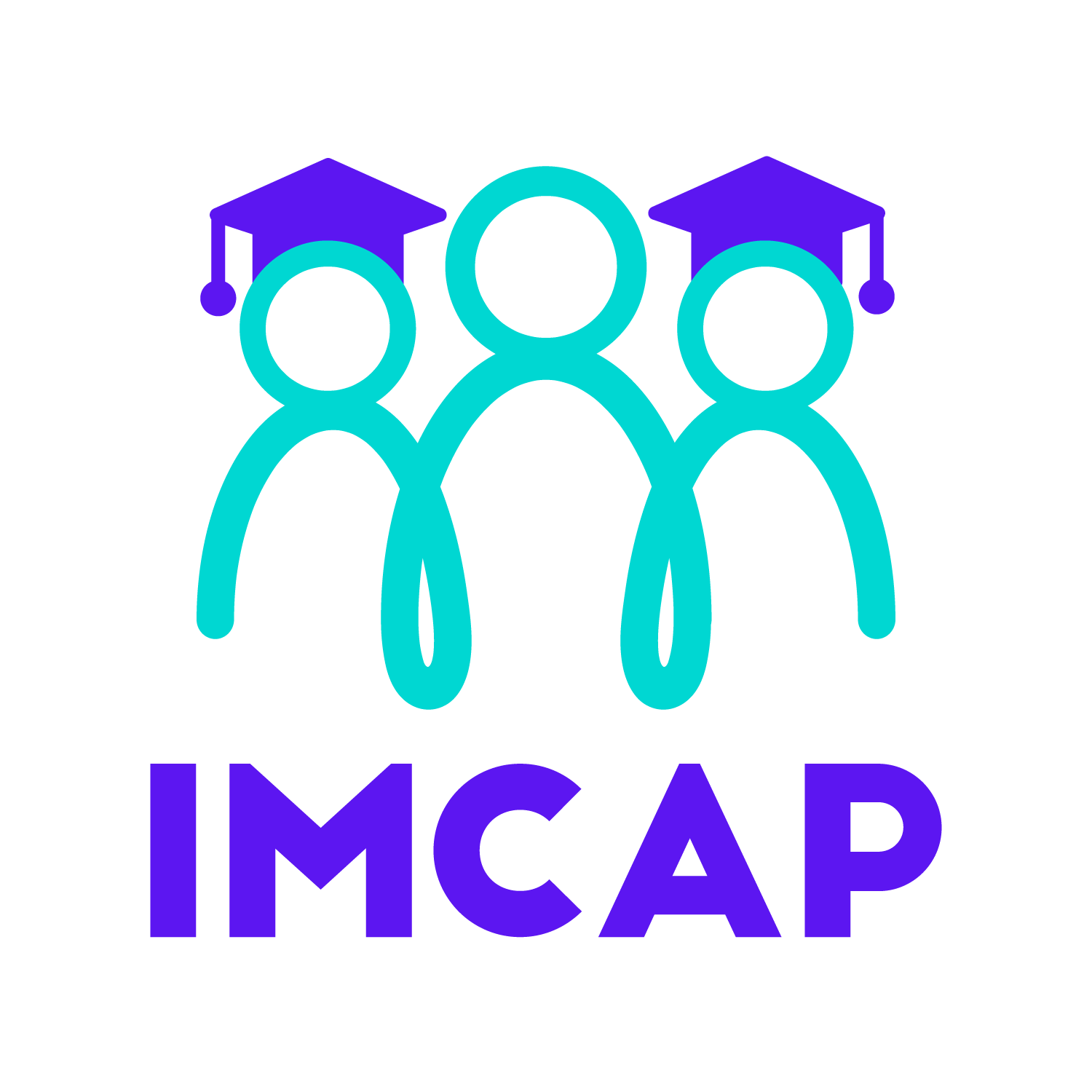“A good education is essential to give young migrants the skills they need to overcome adversity, contribute to the economy and integrate into society,” said Gabriela Ramos, OECD Chief of Staff and Sherpa to the G20. IMCAP’s goal is to narrow the educational achievement gap between immigrant and non-immigrant peers.
Approximately ten per cent of the EU’s population are migrants. The evidence suggests that on average migrant children do not do as well at school as their native counterparts. The OECD study of 'review of migrant education' identifies different groups of students with an immigrant background and their academic, social, emotional and motivational outcomes. It states that:
By offering training to teachers thereby building a diversity aware teaching force will better equip them to cater to the needs of any migrant student anywhere in the EU. Parents would benefit from the transnational aspect in that they can see other cultures’ perspectives on approaches to improving the transition between different stages of education. This will also facilitate the exchange of good practices in partner countries as well as produce results in 5 languages, thus expanding the project's outreach potential.
All of the Intellectual outputs will be available in the following languages: English, Spanish, Slovak, Turkish and Greek.

To prepare teachers to work in a culturally diverse classroom and actively engage parents of different ethnicity in the education process.

For parents so they become familiar with Host Country culture, the current school system and what is expected of them.

A networking platform for Schools/Teachers to be able to undertake regular knowledge exchange thereby promoting a collaborative approach to learning.
Throughout the project, we are aiming at enabling success for all learners, specifically children with a migrant background by strengthening collaboration among all actors within schools, as well as with families, and other external stakeholders; thus combating failure in education and long term implications of early school leaving and unemployment.

This work is licensed under a Creative Commons Attribution-NonCommercial 4.0 International License.
